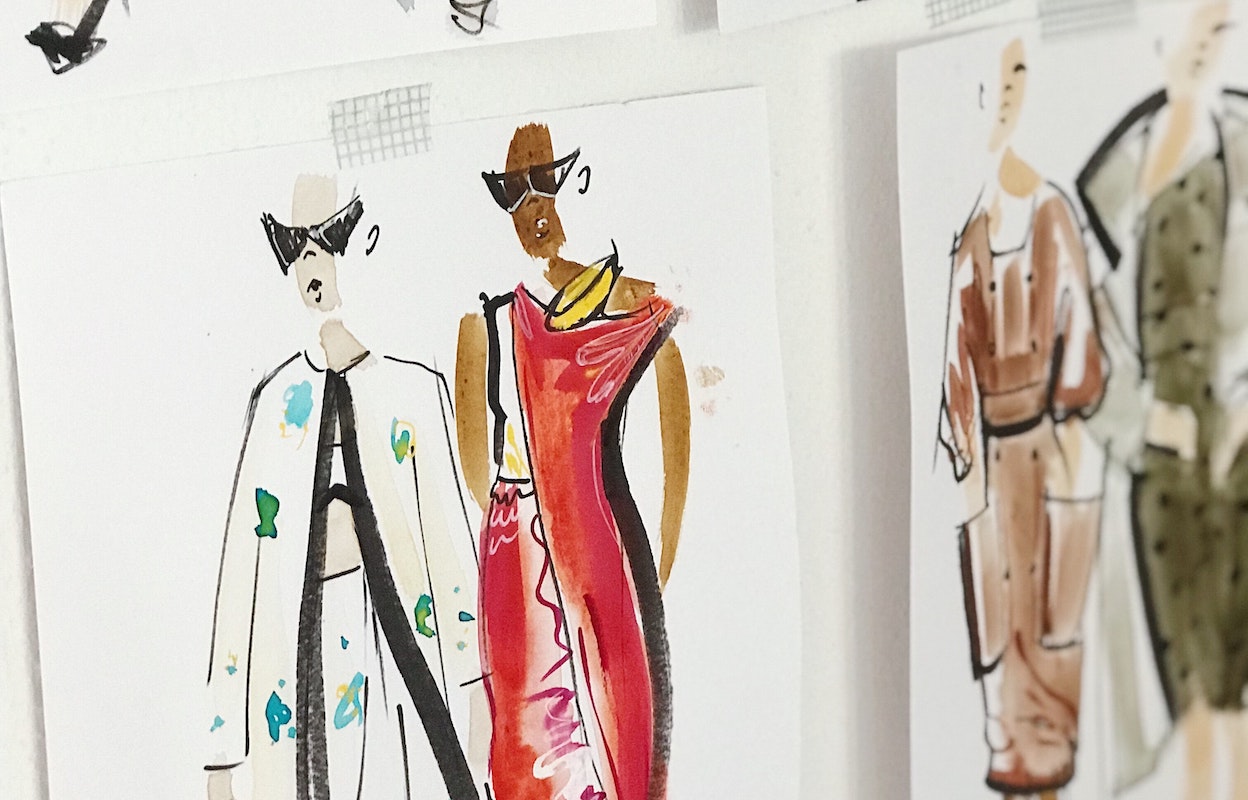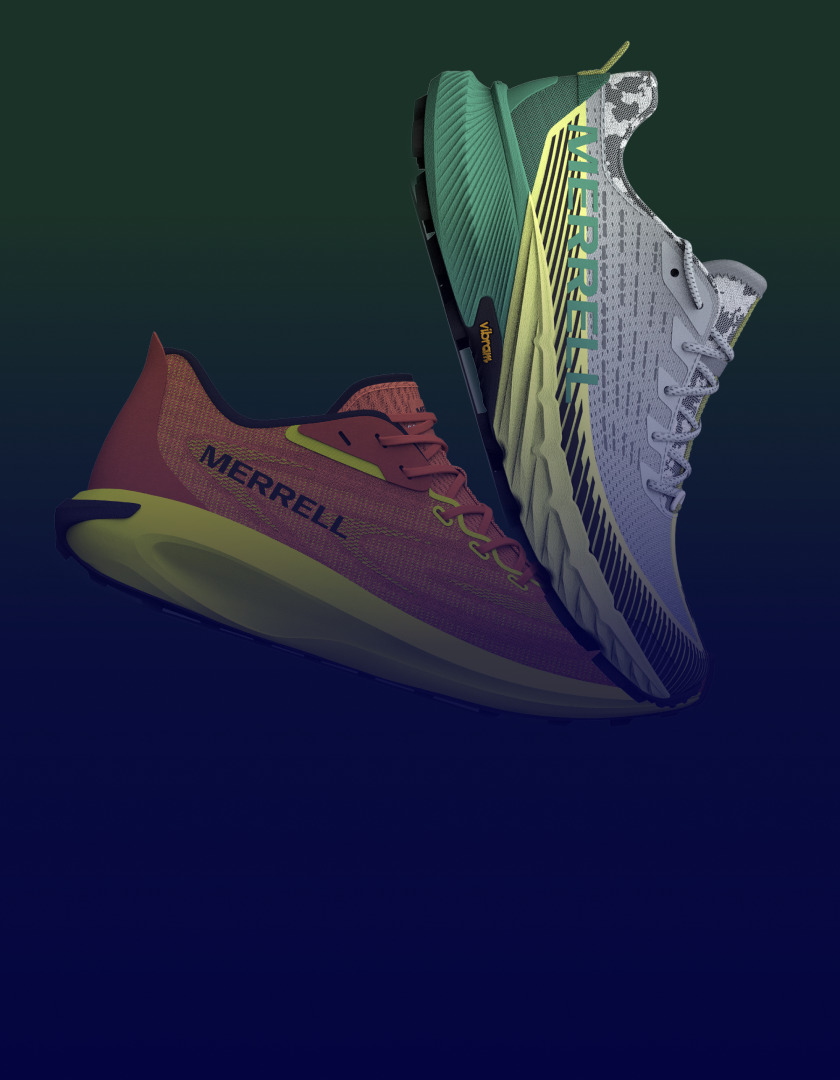5 Challenges Fashion and Apparel Manufacturers Will Face in 2023 and How PLM Brings a Competitive Advantage

Volatile markets, supply chain pressures and rising inflation are global issues making the headlines. Fashion and Apparel Manufacturers are left to navigate the same old problems on top of new ones, asking the question: “How do we continuously build our business advantage?”
Fashion and Apparel Manufacturers may already be experiencing the effects in these uncertain times but it’s not without a solution. In this blog, we discuss the five most pressing issues faced by Fashion and Apparel Manufacturers in 2023 and how a Product Lifecycle Management (PLM) solution can drive the innovation to overcome them.
Transition to Nearshoring
Nearshoring is the decision to transfer business operations to a nearby country as opposed to a distant one. For many years, apparel brands have opted to outsource manufacturing to developing countries like Bangladesh or Vietnam for cheaper production costs. But the longer lead times caused by supply chain challenges in recent years made companies embrace nearshoring as it enables quicker response to fast-changing market demands.
Implementing digital solutions like Centric PLM™ streamlines communication both internally and externally, leading to improved customer service. Additionally, virtual samples can be created and commented on through value-added modules like Centric 3D Connect, which integrates with leading 3D solution providers such as Alvanon, CLO 3D, Browzwear, Optitex and more. This lessens the need to produce and ship physical prototypes, which then enables fashion and apparel manufacturers to reduce pre-production costs and lead times for their customers.
Ron Watson, VP of Product at Centric Software, explains, “Centric continues to innovate its 3D functionality, empowering a broader set of users to take advantage of and better visualize products, materials, drape and textures, which are very important to the new digital decision lifecycle. Now the use of 3D design tools is becoming ever more popular and teams need to be able to move forward without depending on 3D designers and specialized applications.”
Soft Consumer Demands
In an annual report by Business of Fashion and McKinsey & Company titled The State of Fashion 2023, Suren Fernando, Group Chief Executive of MAS Holdings, the largest apparel tech company in South Asia and a Centric Software® customer, highlighted this when asked what’s keeping him awake at night. He shares, “One [challenge] primarily has to do with the softening market conditions, with volume looking poor because of inventory situations [due to companies with large amounts of stock on their hands] and consumers are facing certain pressures on pricing. We see this continuing maybe for quarter one, quarter two of next year.” This urgently prompts apparel brands to better manage their inventory and optimize product portfolios in order to meet their customers’ demands or lack thereof. Fashion and apparel manufacturers then face customer brands that are adamant to place mass orders, limit their styles or worse, slowly leave the market altogether.
This is where small-batch production appears to be a viable solution for fashion and apparel manufacturers. But that entails making an intentional investment towards digital tools that can support automated sewing and knitting, 3D and digital printing, direct-to-fabric and direct-to-garment printing, as well as automated post-production logistics to finalize orders.
With Centric PLM, fashion and apparel manufacturers are empowered to take a more active role in the creation and innovation process. This is achieved through the support of 3D sampling and other features that help bring products to market faster. By keeping up with consumer demands, manufacturers can build stronger partnerships with their brand partners and decrease the risk of losing business.
Rising Cost of Raw Materials
The sudden and sometimes steep increase in the cost of raw materials leads to higher production costs. Inflation is a global issue leaving manufacturers to control only what they can: their operational efficiency. This calls for apparel manufacturing companies to take a hard look at their sourcing agreements, evaluate and renegotiate them and overall reduce operational costs.
With Centric PLM’s costing module, fashion and apparel manufacturers can estimate different costing scenarios. This leads to accurate forecasts and informed decision-making, allowing manufacturers to stay competitive and maintain profitability in the face of rising raw material costs.
Stiff Competition
Staying ahead of the competition is not solely about pricing anymore. To truly stand out, fashion and apparel manufacturers must show value and authenticity to connect with their market.
By using an intuitive PLM tool, such as Centric PLM for Manufacturers, fashion and apparel manufacturers can centralize all product-related data and communication in real-time on a single digital platform. This improves customer service through streamlined communication and seamless team collaboration. Additionally, accurate customer data can be leveraged to respond quicker and pace through the competition. Furthermore, Centric PLM for Manufacturers’ Quality Management module optimizes the quality control process, empowering manufacturers to build and protect their business reputation and improve cost-effectiveness.
By using PLM to streamline operations and centrally store product information, manufacturers can take advantage of the growing trend of private label products and increase their competitiveness in the market.
Francesco Zancanaro, Business Development Manager of design and manufacturing service company New Flame recognizes the importance of partnering with a trusted PLM partner. He shares, “Centric has worked with a lot of brands, retailers and also companies similar to ours…we want to pick the brain of the implementers and understand how others do it.”
Sustainability Pressures
There has never been a demand greater than today for ethical and sustainable fashion. Due to this, conscious fashion brands engage with ethical suppliers that have high accountability and transparency when it comes to their business operations. This creates a necessary and ongoing challenge for fashion and apparel manufacturers to step up and be more transparent in their business and sourcing practices.
Centric Manufacturing PLM assists in directly tracking the compliance, sustainability and social impact involved in the manufacturing of products from their raw materials up until they’re sold at retail. With 3D Design, Virtual Prototyping and virtual fit reviews supported by Centric PLM, fashion manufacturers can address the environmental impact by helping to reduce waste, shipping costs and time associated with traditional rounds of physical sampling.
The fashion industry is constantly evolving and with uncertain future ahead, fashion and apparel manufacturers must adapt to stay ahead of the curve. PLM solutions drive business growth and even expansion opportunities through private labelling and provide valuable support by streamlining communication, improving supply chain management and increasing operational efficiency. With PLM, fashion and apparel manufacturers are more than equipped to stay ahead of the game and tackle any challenges that come their way.









